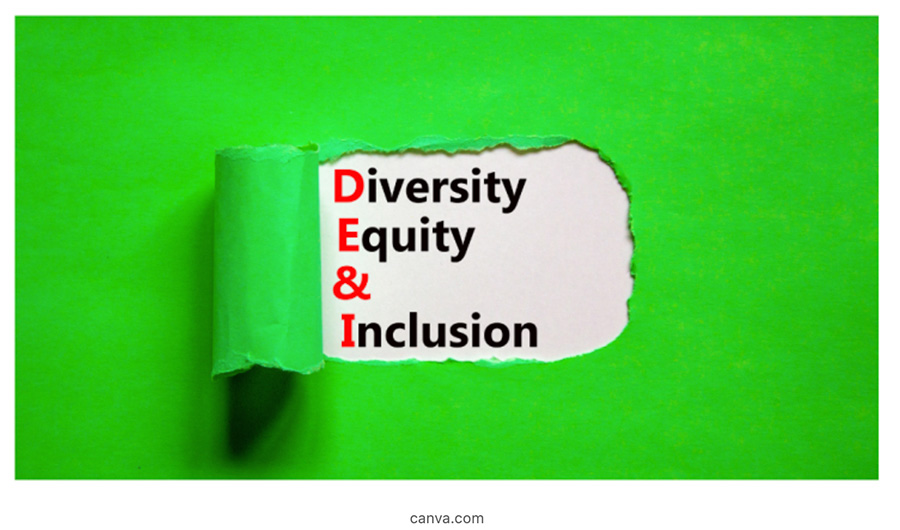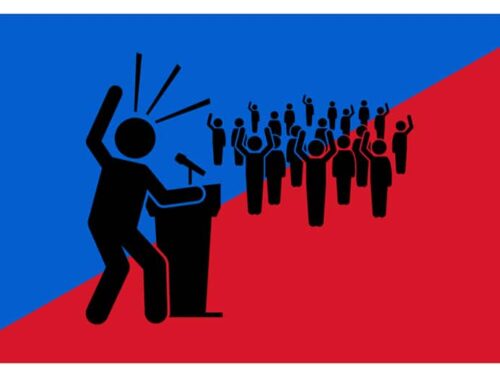
Diversity, equity, and inclusion (DEI) has become an increasingly prominent focus for organizations over the last two decades. The murder of George Floyd in May of 2020 sparked a wave of public declarations of support by major US companies. However, recent political and legal developments have created new challenges and uncertainties around corporate and institutional DEI efforts. To better understand the current landscape, in October of 2023, CRL brought together a diverse group of DEI experts and practitioners for an open dialogue.
The Current State of DEI
There have been some positive developments that show progress is being made. In 2021, the year after BLM protests, the S&P 100 added more than 300,000 jobs and 94% went to people of color (POC). Additionally, the share of executive, managerial and professional roles held by POC increased by 2 percentage points compared with 2020 which was more than double the average annual gains at big and mid-sized US companies in previous years.(US Equal Employment Opportunity Commission & Bloomberg News Sept 2023)
However, there are also concerning trends. Some US states, including Florida and Texas, have banned DEI offices at public universities. Corporations are facing lawsuits questioning the legality of their DEI programs. And the recent Supreme Court ruling on affirmative action has prompted law firms to re-examine their diversity policies in regard to scholarships and recruiting.
When polled, 67% of our assembled group said these negative trends match their experience.
Pivoting in Response
Faced with these challenges, what should DEI leaders do? The consensus was we must keep going and not give up. Mauricio Velasquez of the Diversity Training Group suggested, “If you focus your work on bias, then stick with it. But, I say be flexible. Pivot.” He talked about tweaking language and offerings to be “bulletproof to this [anti-woke] nonsense.”
Many agreed that DEI should be positioned as a core business strategy led from the top. The DEI role should report directly to the CEO, as DEI is a business strategy, not just an HR strategy. Some suggested embedding DEI horizontally across departments rather than having just a single DEI team.
The Power of Respect
The group acknowledged that terms like diversity, equity, and inclusion have become politicized. So how should we reframe the conversation? Many pointed to the unifying power of the word “respect.” Research shows employees who feel respected by leaders are far more satisfied and engaged. And respect resonates strongly as a core motivator.
Mauricio Velasquez said he is pivoting to trust-building and respect-for-all training without using triggering terms like DEI. When concepts like treating others with genuine care and appreciation are presented, almost everyone agrees in principle. As Maya Angelou said, “People will forget what you said and what you did, but people will never forget how you made them feel.” By promoting cultures of respect, we can move in a positive direction despite the political winds.
While the path ahead has challenges, through perseverance, flexibility, and inclusive mindsets we can continue building more just and equitable workplaces. By strengthening communities of support and finding common ground, positive change is possible.
What are your thoughts on the current landscape? I’d love to hear perspectives from others committed to this work. Let’s keep the conversation going!




